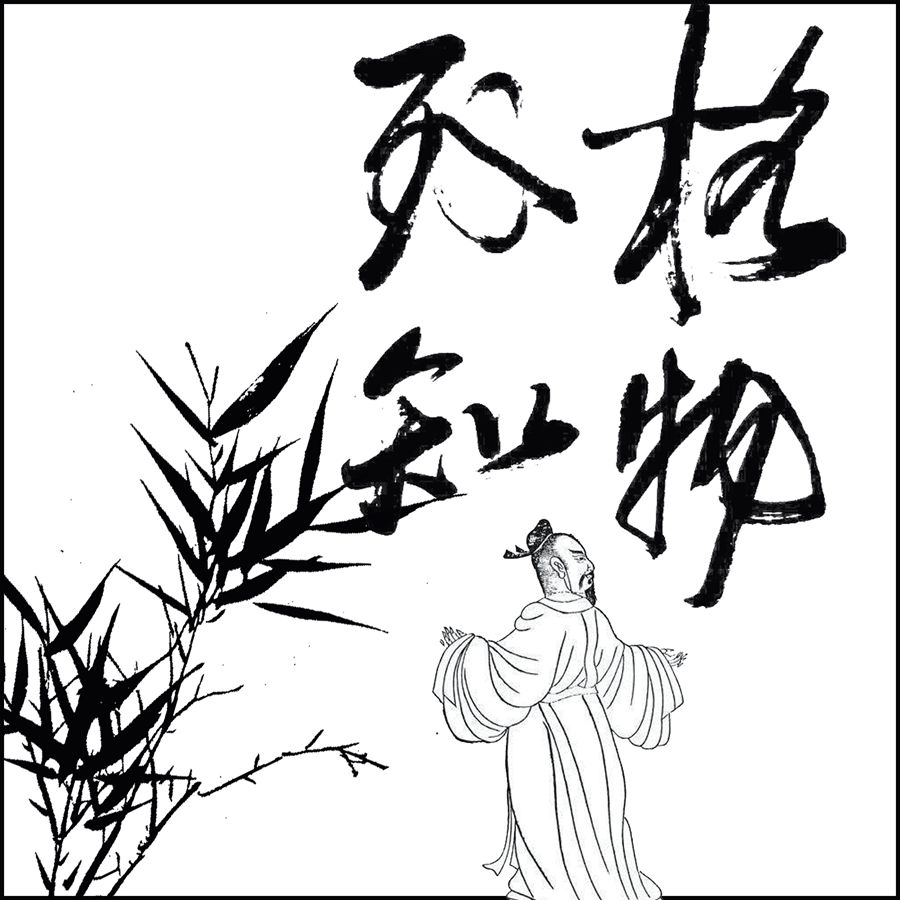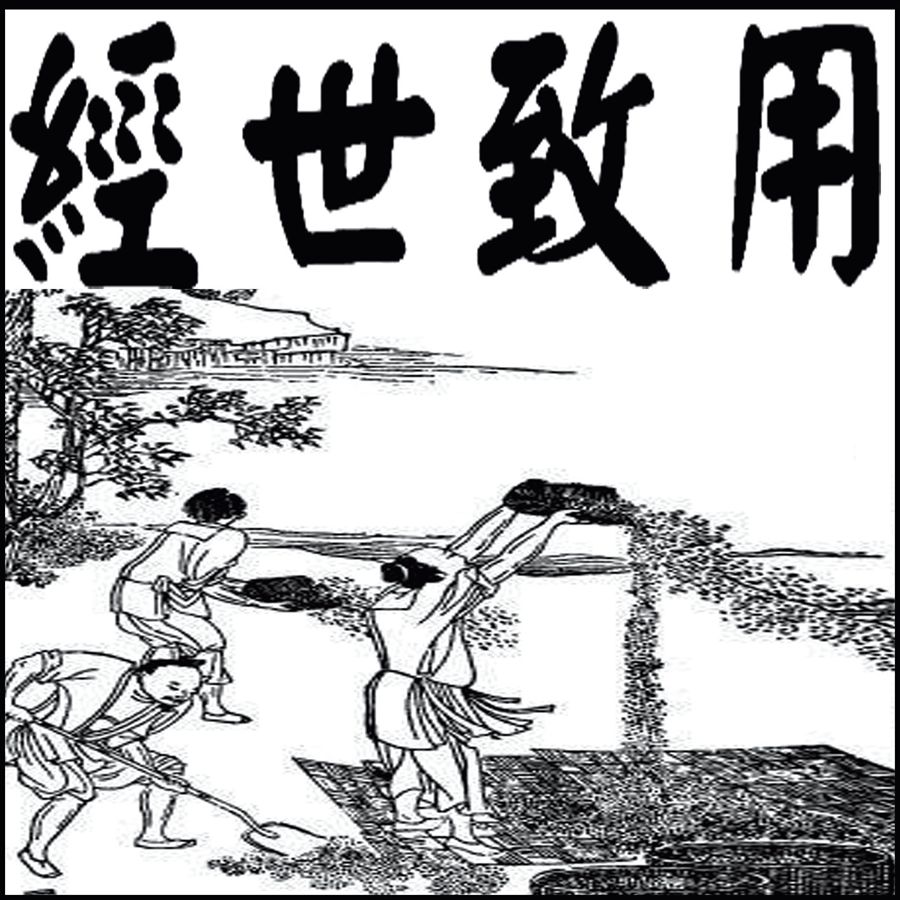
格物致知
ɡéwù-zhìzhī
Study Things to Acquire Knowledge
在与事物的接触中体会人伦日用之道。“格物”“致知”出自《礼记·大学》,与诚意、正心、修身、齐家、治国、平天下并称“八条目”。“致知”在于“格物”,二者密切相关,故有时并称“格致”。历代学者对“格物致知”的含义有多种不同的理解:或强调在对事物的接触中穷究其“理”;或强调亲自实践以掌握各种德行、技艺;或以心意所在为“物”,进而以内心的修正为“格物”。
The term means to understand how we should conduct ourselves through our contact with things. “Studying things to acquire knowledge” comes from The Book of Rites. Together with “making one’s purpose sincere,” “correcting one’s thoughts,” “self-cultivation,” “running one’s family well,” “governing the state properly,” and “bringing peace to all under heaven”; they are collectively known as the “eight essential principles.” Knowledge is acquired through the study of things. Since the two are closely related, they are sometimes together called “study and acquire.” Throughout history, scholars have had varied understandings of the meaning of the term. Some emphasize a thorough inquiry of principles in contact with things. Others stress personal practice in order to master all kinds of moral conduct and skills. Still others consider their intentions as things, thus reforming their innermost thoughts as studying things.
(事物皆有其理,穷究其理,就是“格物”。)
All things have their own principles. An exhaustive inquiry into the principles means the study of things. (More Writings of the Cheng Brothers)
◎格物如《孟子》“大人格君心”之“格”。(《传习录》卷上)
(“格物”就如同《孟子》中所言“大人格正君主之心”之格正之义。)
Gewu (格物) means setting things right, just like what is said in Mencius: A great man may rectify a ruler’s mind. (Records of Great Learning)

经世致用
jīnɡshì-zhìyònɡ
Study of Ancient Classics Should Meet Present Needs
学术要对国家和社会的治理发挥实际效用。“经世”即治理国家和社会事务,“致用”即发挥实际效用。17世纪初思想家顾炎武、王夫之、黄宗羲、李等人倡导学术研究要关注现实,通过解释古代典籍,阐发自己的社会政治见解,解决社会实际问题,以增进国家治理、民生安定、社会改良。这一思想强调知识的政治价值和知识分子的现实担当,体现了中国传统知识分子讲求功效、务实的思想特点和“以天下为己任”的情怀。
Learning should contribute to good governance. Jingshi (经世) means governance of the country and society, and zhiyong (致用) refers to meeting practical needs. In the early 17th century, thinkers such as Gu Yanwu, Wang Fuzhi, Huang Zongxi, and Li Yong argued that scholarly studies should be geared to meet current needs. They held that while interpreting ancient classics, scholars should expound their views on the social and political issues of their day, solve practical problems, enhance governance of the country, improve people’s livelihood, and promote social reform. This view stressed the practical value of knowledge and the practical responsibilities of intellectuals. It reflects the pragmatic character of traditional Chinese intellectuals as well as their concern for the well-being of the people and eagerness to shoulder responsibility for the whole nation.
引例 Citations:
◎凡文之不关于“六经”之指当世之务者,一切不为。(顾炎武《与人书·三》)
(凡是与“六经”本旨、当世要务无关的文章,一概不做。)
No articles should be written except those that are concerned with what the Six Classics teach us about the current state affairs. (Gu Yanwu: Letters to a Friend)
◎学人贵识时务,奏议皆识一时之务者也。……道不虚谈,学贵实效。学而不足以开物成务,康济时艰,真拥衾之妇女耳,亦可羞已!(李《二曲集》卷七)
(学者贵在通晓时务,凡臣子向皇上奏事的文章都是通晓当时时务的。…… 道是不可以空谈的,学问贵在讲求实效。学问如果不足以揭示事物真相,确定处理事务的方法,有助于解救时局艰难,那不过是如同拥被自覆的妇女罢了,实在是可羞愧的呀!)
Scholars should value knowledge of current affairs. Memorials to the throne should be about such affairs... There should be no empty talk on abstract theories. The value of knowledge lies in dealing with practical matters. Scholars whose studies do not reveal the essence of things or put forward ways of coping with difficult situations should feel ashamed as an uneducated woman! (Li Yong: Collected Works of Li Yong)
◎ [先君] 益自奋励,自理学及经世致用书,靡不究览。(崔述《先府君行述》)
([先父] 更加发奋努力,从理学到经世致用的书籍,全都详细研读。)
My late father was very diligent. He read a wide range of works, from NeoConfucian theories to books on dealing with practical matters. There was nothing he did not study in depth. (Cui Shu: An Account of My Late Father)